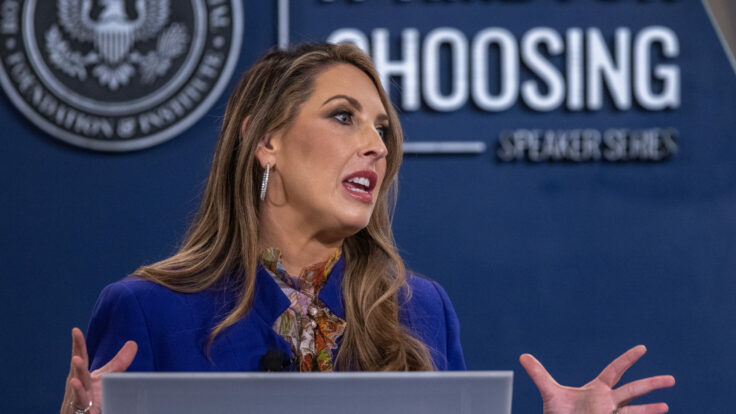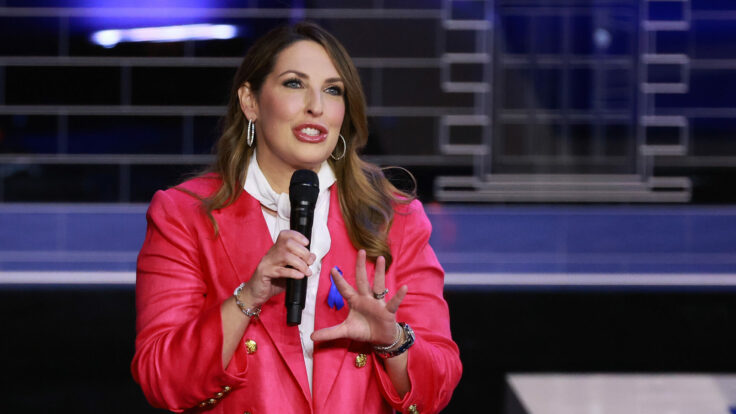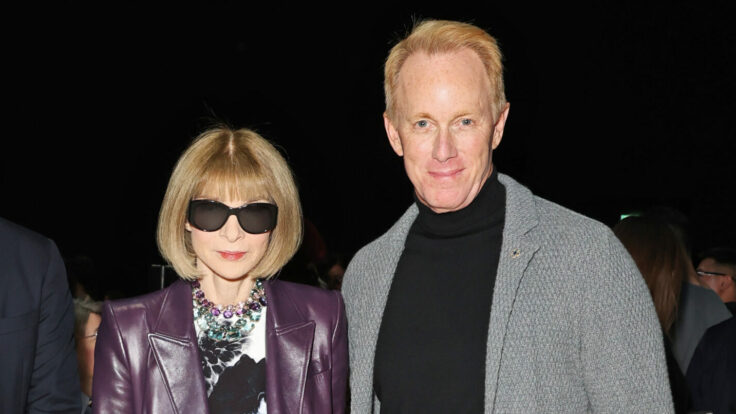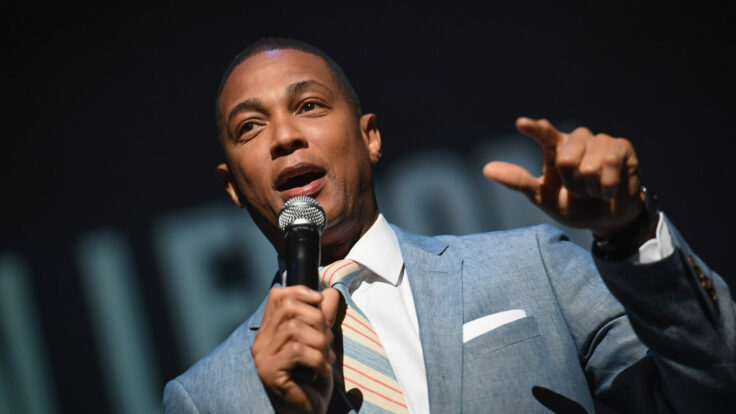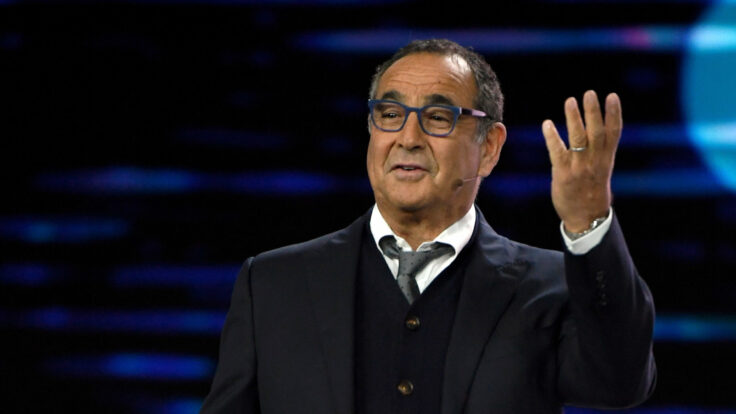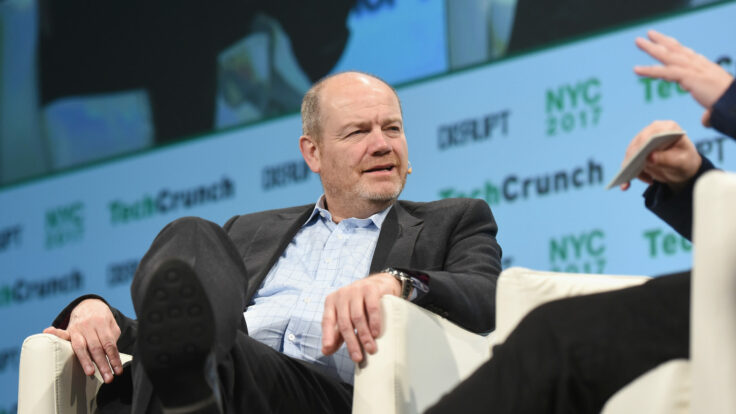|
Good evening, I’m Dylan Byers.
Welcome back to In the Room, my biweekly private email on the intrigue and inside story behind what’s going on in the media industry. If you’re enjoying this newsletter, I’m willing to bet you’d enjoy my colleague Matt Belloni‘s What I’m Hearing, which has fast become the most important newsletter in Hollywood, as well The Stratosphere from Teddy Schleifer, which covers how money moves in and out of Silicon Valley. Meanwhile, for those of you who realize that your team may be a little smarter or wiser by reading all that Puck has to offer, email Fritz@puck.news about enterprise accounts and group subscriptions.
Today, we turn our attention to NBCUniversal…
After missing out on 21st Century Fox and the Zaz-Warner merger, Comcast seemed like a natural acquirer for Activision. But $69 billion of Microsoft’s money later, is there a plan B? Back in early December, when I first wrote about the possibility that Bobby Kotick might sell Activision, a few media executives responded by putting a bug in my ear: Would Comcast chief Brian Roberts make a bid for Kotick’s gaming empire? NBCUniversal, after all, was badly in need of scale, more attractive intellectual property, and a more aggressive long-term strategy. And Activision, which was trading at a massive discount, would have offered it immediate entry into the lucrative world of gaming and a massive infusion of new I.P. Meanwhile, Roberts had twice missed out on major acquisitions that would have supercharged his media business: he failed to intercept Bob Iger‘s play for Fox in 2019 (though he succeeded in driving up the price, and pissing off Iger in the process), and he was seemingly caught off guard when John Stankey and David Zaslav negotiated their WarnerMedia-Discovery tie-up last year. To add insult to injury, the big deal he had landed—a $39 billion takeover of the British broadcaster Sky—appeared to have been a mistake, as the fast-declining asset is now worth a fraction of what it was when Comcast bought it.
But Roberts never spoke to Kotick about an acquisition, sources close to both men told me this week. And in retrospect, I suppose that makes sense. For a $2.3 trillion tech giant with a sophisticated gaming business, like Microsoft, an $80 billion acquisition of Activision is a smart play. (Microsoft is doing the deal in cash.) For a $230 billion telecom firm with a legacy media portfolio, like Comcast, that’s far more risky. Nevertheless, when news hit that Satya Nadella and Phil Spencer had realized their long-held dream of acquiring Activision—more on the behind-the-scenes negotiations here—I couldn’t help but wonder… What the hell is Brian Roberts going to do now?
Roberts has said that NBCUniversal doesn’t need mergers and acquisitions to achieve scale, but I’m not sure I believe him. Streaming is the future of the business, and NBCU’s Peacock is languishing behind its competitors. So much so, in fact, that NBCUniversal chief Jeff Shell refused to report Peacock subscriber growth during the last quarterly earnings report—an omission of a fundamental metric that was all the more notable given that it came on the heels of the Summer Olympics, an NBC-exclusive event that Shell and his colleagues had hoped would provide a much-needed boost to subscriptions. Peacock chairman Matt Strauss has argued that NBC’s service, which is ad-supported, unlike Netflix and Disney+, should be judged as a complementary service to those streamers, rather than a competitor. But that argument only makes sense if people are actually using Peacock as a complementary service, and the most recent reported numbers—54 million sign-ups and 20 million active monthly accounts, as of July—don’t bear that out. If NBCUniversal is serious about even complementing Netflix, Disney, and the soon-to-be Warner Bros. Discovery, it is going to need a significant infusion of new I.P.
With Fox, WarnerMedia, and Activision off the table, Roberts is running out of options. In legacy media, there is Shari Redstone‘s ViacomCBS (market cap: $21 billion), but as I noted last month, that doesn’t really give Comcast the scale or the assets it needs, particularly once you take into account all the assets it would have to divest (CBS News, e.g.) in order to pass regulatory scrutiny. If Roberts has any interest in gaming, Electronic Arts is still on the table (market cap: $40 billion), and perhaps that’s something Roberts will pursue. The other option: Stick things out for a few years and then pitch Zaslav on spinning off NBCUniversal and merging it with Warner Bros. Discovery. One problem with this strategy is that NBCUniversal may not actually be worth all that much to Warner Bros Discovery by the time the two parties are in a position to sit across the table. The other problem is that it would almost certainly require Roberts to cede control of his media empire, and I get the impression that’s something he’s very reluctant to do. He only owns 1 percent of his company (though he has 33 percent voting power), so I’m not sure whatever financial payout he’d receive from a spin-off would be commensurate with the emotional gratification he derives from running it.
I’m not doubting Brian Roberts’ ability to find his way out of this situation. There isn’t a media executive I talk to who doesn’t tell me that Roberts is a smart man, with a proven track record. I just think he’s increasingly without great options.
NBC’s Grand Olympics Miss
Speaking of NBCUniversal, I can’t help but feel for them this week as I see their big opportunity at the Winter Olympics fall apart due to Covid-19 and China’s strict policies over positive tests. This time last year, the company was gearing up for a banner year: The Summer Olympics, The Winter Olympics and The Super Bowl. Historically, all three of these events would have delivered massive ratings while serving as a powerhouse promotional vehicle for both NBC’s linear networks and streaming services. Meanwhile, Shell and his team would have been able to thrill the C.E.O.s and C.M.O.s of its biggest advertisers with all-access passes, fancy dinners and hospitality suites in five-star hotels in Tokyo, Beijing and Los Angeles—the kind of wining and dining that yields long-lasting rewards in the media and advertising business.
In Tokyo, NBC drew its lowest audience for the summer Games since 1988. Yes, there was Covid. Yes, there was an unfavorable time difference. And yes, some events conspired against them, including the early departures of both Simone Biles and Naomi Osaka. As Bob Costas put it at the time, “You can only play the hand you’ve been dealt, and they’ve been dealt a difficult hand.” But NBC also has to shoulder some of the blame, particularly for its decision to present the games haphazardly through what the L.A. Times described as “a thicket of broadcast, cable and streaming options.” (Time called the network’s confusing cross-platform coverage “a disaster.” The Guardian went with “televisual vomit.”) NBC certainly turned a profit, having sold out $1.25 billion in ad inventory before the games even began, but they didn’t get the halo of ratings and promotional opportunities. And as I noted above, the contribution to Peacock was so minimal as to not even warrant mention on the quarterly earnings call.
NBC looks set to be dealt an even worse hand in Beijing. In light of China’s Covid policies, it will not even be sending its announcing teams to China. They will broadcast from an office building in Connecticut, instead—and at very unforgiving hours. There will be no Today show broadcast from Tiananmen Square, though co-host Craig Melvin will report from the host city, without his colleagues. And of course, no all-access passes and five-star hotels for the advertising partners. Meanwhile, NBC producers will spend much of their time wrestling with how to not ignore China’s thorny geopolitical and human rights issues while still delivering an uplifting and enjoyable broadcast. As for what all this does for ratings and new Peacock sign-ups… That’s T.B.D. NBC still has to manage this thing on multiple platforms, and is once again likely to get killed for the confusion.
But hey! At least they have the Super Bowl.
FOUR STORIES WE’RE TALKING ABOUT
An inside look at Chinese cultural imperialism, the fall of Wang Jianlin, and how Beijing beat Hollywood at its own game.
MATTHEW BELLONI
A conversation with Fiona Hill about the Russia-Ukraine crisis, Putin’s next move, and where the White House goes from here.
JULIA IOFFE
How a peace offering from Phil Spencer, Microsoft’s gaming chief, led Activision’s Bobby Kotick to a $69 billion deal.
DYLAN BYERS
One lawyer’s quest for ten thousand pages of documents surrounding the F.B.I.’s investigation of the now-deceased predator.
WILLIAM D. COHAN
|











